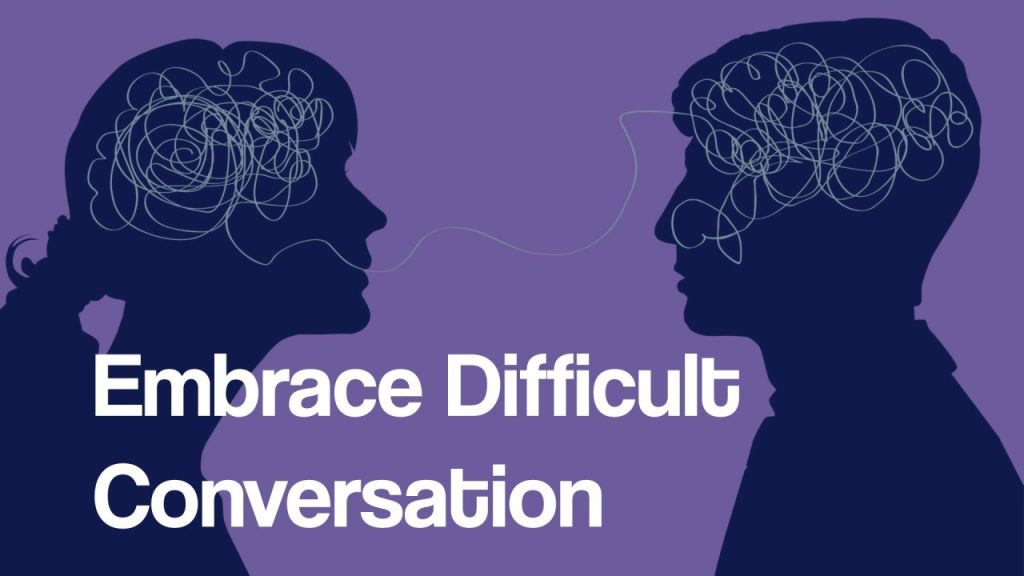Embracing Difficult Conversations for Stronger Relationships

How do you define a healthy relationship? You might think of harmony, laughter, and mutual support. While these are essential, another equally important factor is the ability to navigate difficult conversations. Whether in personal or professional relationships, open and honest discussions about challenging topics help build trust, understanding, and long-term growth.
It’s natural to avoid tough conversations to keep the peace. However, suppressing concerns can lead to unresolved issues, misunderstandings, and resentment. Trust is built through transparency and vulnerability, and both often emerge in moments of discomfort. Addressing sensitive topics demonstrates commitment and care for the relationship’s well-being.
For instance, if a colleague expresses concerns about unmet expectations, it might feel uncomfortable at first, but it opens the door to better understanding and stronger collaboration. The same applies to personal relationships—people cannot address an issue if they are unaware of it.
Although initiating difficult discussions can be challenging, the following strategies can help make them more productive and less intimidating:
1. Choose the Right Time and Place
Effective communication requires proper timing and environment. If either party is stressed, fatigued, or distracted, the conversation can easily be misinterpreted or escalate unnecessarily. Observing the right moment ensures both individuals are in a receptive state for meaningful discussion.
2. Lead with Empathy
Begin the conversation by expressing your intent to strengthen the relationship rather than to criticize. When the other party understands that your goal is resolution rather than conflict, they are more likely to engage in an open and constructive dialogue.
3. Use “I” Statements
Framing concerns using “I” statements helps prevent the other person from feeling blamed or attacked. For example, saying, “I feel hurt when…” instead of “You always…” shifts the focus to your emotions rather than assigning fault. This approach encourages understanding and minimizes defensiveness.
4. Practice Active Listening
Effective conversations require listening as much as speaking. Give the other person space to share their perspective, and engage actively by acknowledging their feelings and responding thoughtfully. Active listening fosters mutual respect and a deeper connection.
Conclusion
Healthy relationships are not about avoiding conflict but about managing it constructively. By embracing these conversations with honesty, empathy, and a problem-solving mindset, we can cultivate relationships that are not only authentic but also resilient and fulfilling.




















